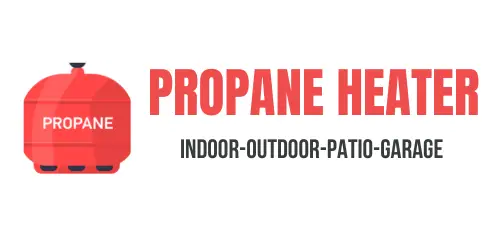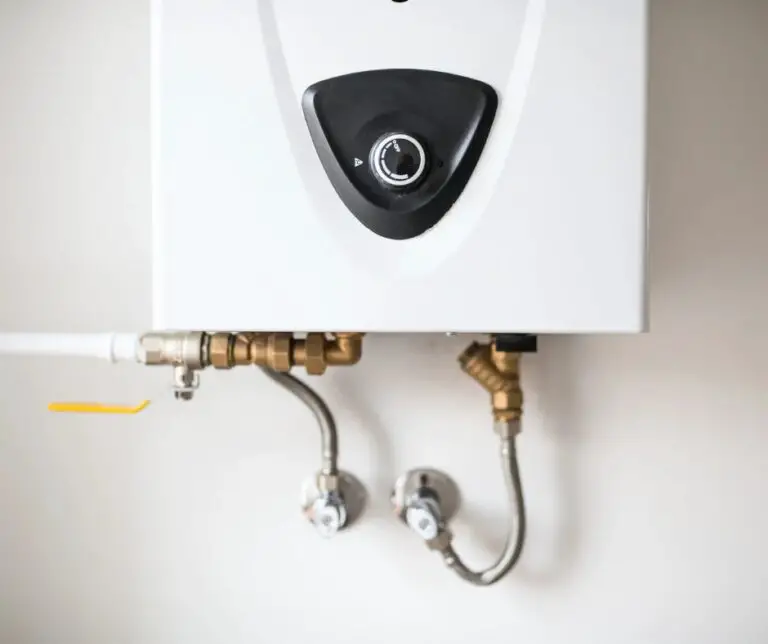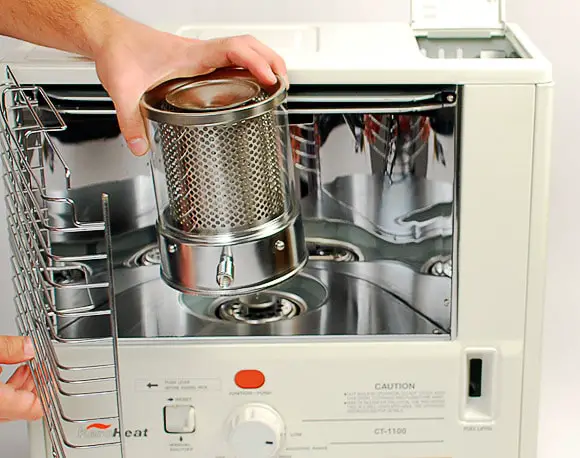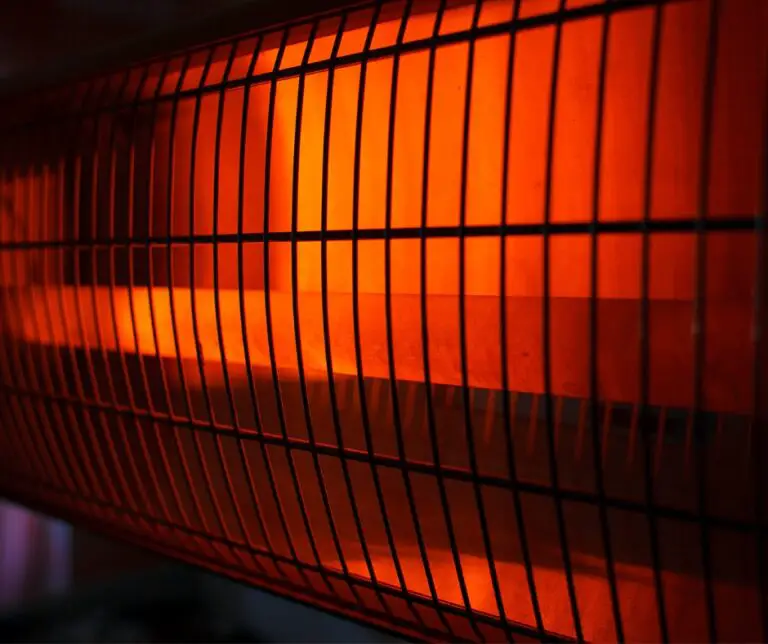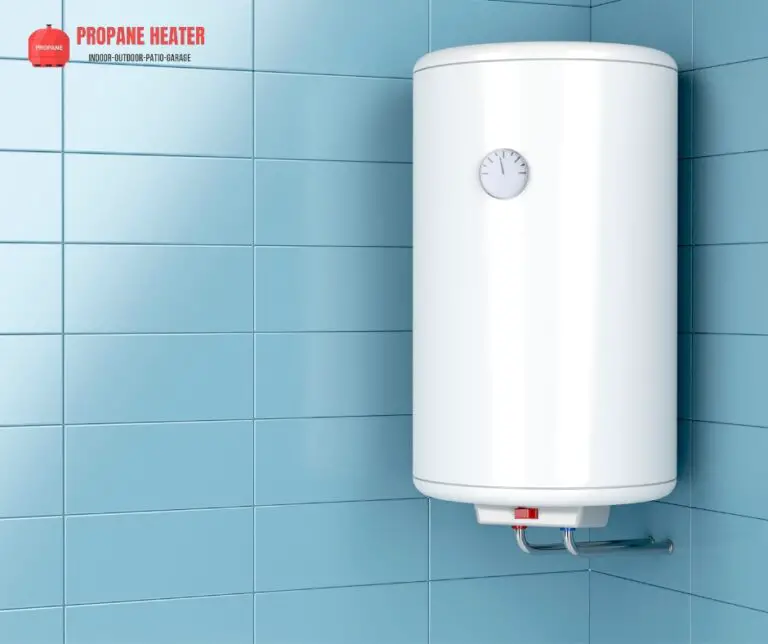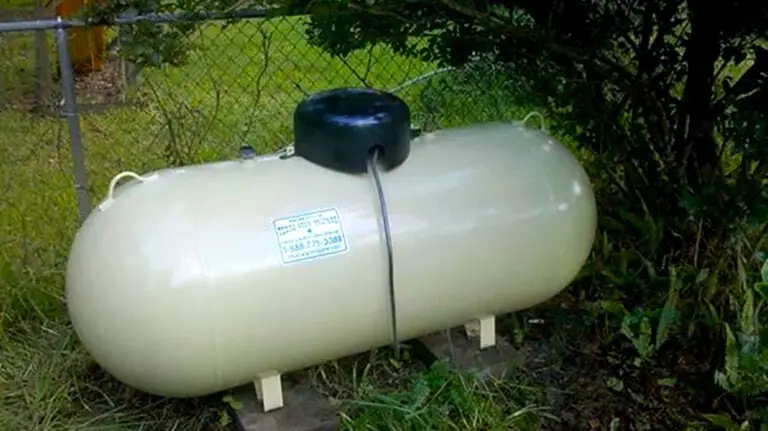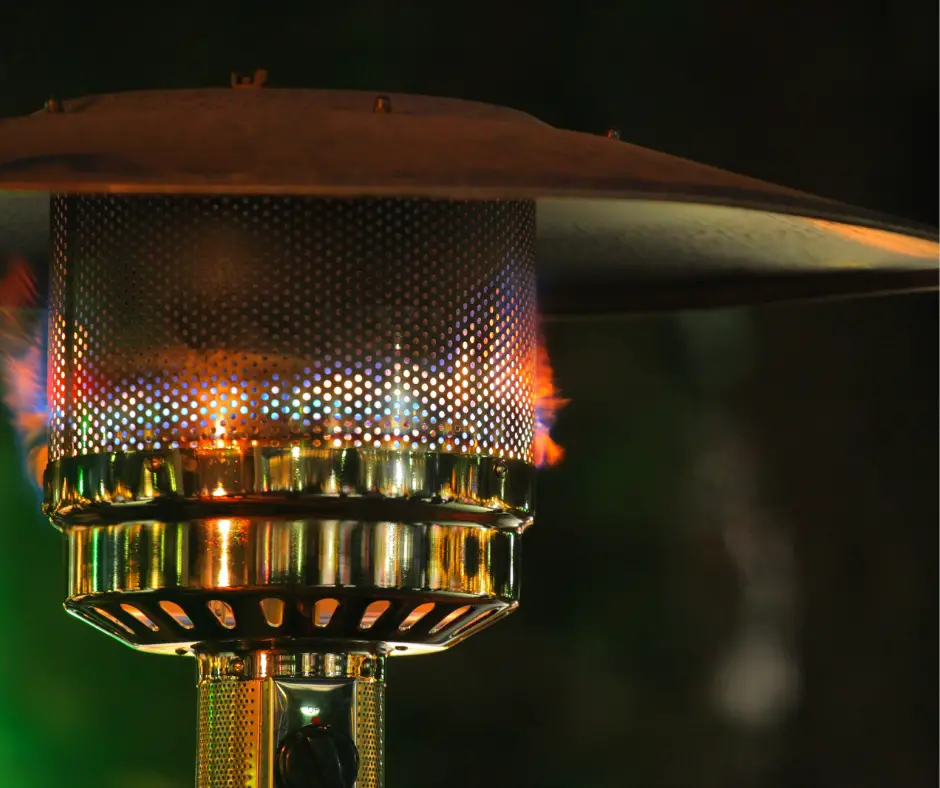
Propane heaters are a great alternative to other types of heaters. They’re portable, easy to use, and can provide warmth in just a few minutes. However, many people wonder if these devices produce carbon monoxide as they burn propane or natural gas. The answer is yes—but only when they’re used incorrectly or have been damaged in any way.
Do Propane Heaters Produce Carbon Monoxide?
You may have noticed that propane heaters are a popular choice for heating. They’re often reliable and efficient at creating heat, but they can also be dangerous if you don’t use them correctly. One thing to keep in mind is that propane heaters do produce carbon monoxide (CO).
Carbon monoxide is a gas that is produced when propane burns. It’s invisible and odorless, which means you might not know it’s there unless your heater has an indicator light or alarm system built into it. This can pose a health risk because carbon monoxide can cause serious health problems if it builds up in your home—and even death at high levels of exposure.
What to Do if You Think You Are Suffering From Carbon Monoxide Poisoning
If you think you may have carbon monoxide poisoning, get to fresh air immediately. If possible, go outside and ask someone to call 911 for you.
If it’s not possible to get out of your home because the CO concentration is too high or if there’s a fire in your home, stay low to the ground and crawl as far away from the CO source as possible; this will help prevent CO from accumulating in your body faster than it can be expelled.
Propane Heater Precautions To Take Against Carbon Monoxide
There are several precautions you can take to protect yourself and others from carbon monoxide exposure while using a propane heater.
1. Always keep the area around the heater clear of flammable materials
The best practice is to keep at least 3 feet of space between these items and your propane heater. This will help ensure that there is no risk of fire or explosion if any gas leaks out of your unit.
Also, be sure that the door is completely closed when you’re using a propane heater indoors—even if this means lowering the thermostat on your unit to make sure it doesn’t overheat and cause an unwanted situation for yourself or others who might be nearby.
2. Keep children and pets away from the heater
Your propane heater should have a warning label not to leave children or pets alone in a room with the heater on. This is because carbon monoxide can be produced as a byproduct of combustion. If you use your propane heater while you are sleeping, make sure to check it regularly and turn it off if necessary before going to bed.
You should also keep children away from your propane heater if possible, especially when they are sleeping. Even though infrared heaters produce no carbon monoxide directly, they do emit infrared radiation which has been shown to cause cancer when exposed for long periods of time at close distances (i.e., less than about three feet).
Finally: don’t leave kids unattended near an operating propane device like an active fireplace or grill (because these could potentially produce dangerous amounts of carbon monoxide), but also keep them away from any formulating heating system too.
3. Clean and maintain your heater regularly
To ensure that your propane heater is operating safely and efficiently, you should clean and maintain it regularly.
- Regularly clean the chimney to remove any soot or debris that may be blocking airflow.
- Ensure that the flame is blue and not yellow—a yellow flame indicates insufficient oxygen supply.
- Check for gas leaks by applying soapy water along all joints and connections in your propane system. Any bubbles appearing on the soapy water indicate a leak. If you have any doubts about the safety of your propane system, contact an HVAC professional to check it out for you.
4. It is important to read the instructions for each heater and use your device correctly
While propane heaters are generally safe, you should always read the instructions for each heater and use your device correctly. If you’re not sure how to use your propane heater or tank, ask someone who is experienced with these devices.
If you don’t follow the instructions on how to install or operate your propane heater, it can lead to carbon monoxide poisoning.
5. All propane heaters need to be used in a well-ventilated space
As with any type of heater, use your propane heater in a well-ventilated space. Do not use it in a closed or semi-closed space. Also, do not use it in a room with windows or doors closed. Finally, if you have poor ventilation—for example if you’re using an electric fan instead of an actual window—then that could cause additional problems because the carbon monoxide would be trapped inside and build up over time.
Propane heaters need to be used in a well-ventilated space because they burn very hot air and can produce carbon monoxide (CO) as a result of that process.
6. It is important to have a working carbon monoxide detector in your home
Carbon monoxide is a colorless and odorless gas that can be deadly. Carbon monoxide detectors are relatively inexpensive, so they should be installed in every home. Carbon monoxide poisoning causes permanent brain damage and death, so it is important to have a working carbon monoxide detector in your home.
You may also want to consult with an expert or look up where it is recommended to install CO detectors in your area before making a decision about whether or not to keep using your propane heater.
7. It’s important to use your propane heater correctly and safely
Ensure that you use your propane heater correctly in order to minimize the carbon dioxide it emits while using it. Getting a properly functioning carbon monoxide detector is essential. It’s important that you keep your propane heater away from everything else in the house and not use it while sleeping or when you aren’t awake.
You should also make sure that your detectors are fresh, as the batteries can become weak over time. They should be replaced at least once per year or more often if they don’t function properly anymore.
Conclusion
The short answer is yes. Propane heaters can produce carbon monoxide if they are not used properly. If you are concerned about the safety of your heater or have a question about carbon monoxide, talk to an expert in your area.

I am Richard A. Jackson man behind propane heating solution, An HVAC expert working as a team lead of the heating department, Provide services all over the USA (around all major cities), and from planning to implementation, you will get all your solution here. We provide various tanks (propane and other natural gases) and deal with disposable waste.
